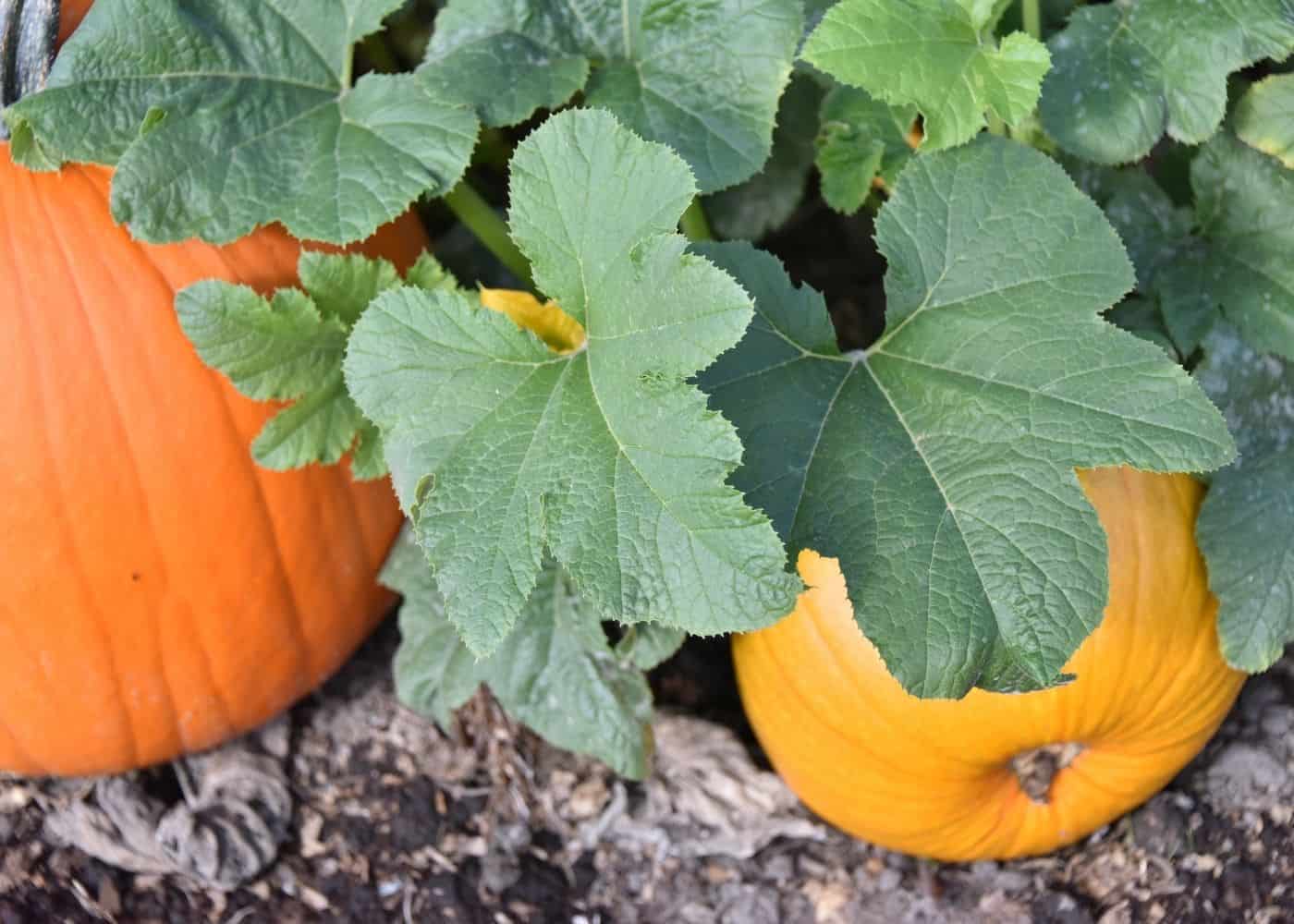Bad Companion Plants For Pumpkins That Will Ruin Your Harvest
Bad Companion Plants for Pumpkins That Will Ruin Your Harvest
Pumpkins are a delicious and versatile vegetable that can be enjoyed in many different ways. But if you want to have a successful pumpkin harvest, it's important to choose the right companion plants. Some plants, when planted near pumpkins, can actually do more harm than good.
In this blog post, we'll discuss some of the bad companion plants for pumpkins. We'll also talk about why these plants are bad for pumpkins and what you can do instead.
Why Companion Planting Matters
Companion planting is the practice of planting certain types of plants together in order to benefit each other. Some plants, when planted near each other, can help to attract beneficial insects, repel pests, or improve the overall health of the plants.
When it comes to pumpkins, there are a few plants that you should avoid planting near them. These plants can compete with pumpkins for nutrients, attract pests, or spread diseases.
Bad Companion Plants for Pumpkins
Here are some of the bad companion plants for pumpkins:
- Brassicas: This family of plants includes cabbage, broccoli, cauliflower, Brussels sprouts, and kale. Brassicas are heavy feeders and can compete with pumpkins for nutrients. They can also attract pests such as cabbage moths and flea beetles.
- Potatoes: Potatoes are another heavy feeder that can compete with pumpkins for nutrients. They can also spread diseases such as late blight, which can be devastating to pumpkin plants.
- Onions: Onions can release chemicals that can stunt the growth of pumpkins. They can also attract pests such as aphids and spider mites.
- Garlic: Garlic can release chemicals that can repel beneficial insects, such as ladybugs and lacewings. It can also attract pests such as aphids and spider mites.
- Fennel: Fennel is a "bully" plant that can crowd out other plants. It can also release chemicals that can stunt the growth of pumpkins.
What to Do Instead
If you want to have a successful pumpkin harvest, it's important to avoid planting these bad companion plants near your pumpkins. Instead, you should plant companion plants that will benefit your pumpkins. Some good companion plants for pumpkins include:
- Sunflowers: Sunflowers attract beneficial insects, such as ladybugs and lacewings. They can also help to improve the pollination of pumpkins.
- Melons: Melons and pumpkins can help each other to grow by attracting beneficial insects and providing shade.
- Cucumbers: Cucumbers and pumpkins can help each other to grow by attracting beneficial insects and providing shade.
- Lettuce: Lettuce can help to improve the soil quality and provide shade for young pumpkin plants.
- Beans: Beans fix nitrogen in the soil, which can benefit pumpkins.
Conclusion
By avoiding planting bad companion plants near your pumpkins, you can increase your chances of having a successful harvest. Instead, plant companion plants that will benefit your pumpkins. By doing so, you can create a thriving garden that will produce delicious pumpkins for years to come.
Pumpkins are a popular fall crop, but did you know that there are some plants that you should avoid planting near them? These "bad companion plants" can compete with pumpkins for nutrients, water, and sunlight, or they can attract pests and diseases.
Some of the worst companion plants for pumpkins include:
- Potatoes. Potatoes and pumpkins are both heavy feeders, so planting them together can lead to nutrient competition.
- Brassicas. Brassicas, such as broccoli, cauliflower, and cabbage, can also compete with pumpkins for nutrients. Additionally, brassicas can attract pests and diseases that can also harm pumpkins.
- Fennel. Fennel is a "bully" plant that can crowd out pumpkins and prevent them from getting enough sunlight.
- Onions. Onions can release chemicals that can stunt the growth of pumpkins.
If you're planning to plant pumpkins in your garden, it's important to do your research and avoid planting them near these bad companion plants. For more information about which plants are good and bad companions for pumpkins, you can visit Gardenia Inspiration.
Image of bad companion plants for pumpkins
Here are 5 different images of bad companion plants for pumpkins from Pinterest:
- Brassicas: These plants, such as kale, Brussels sprouts, kohlrabi, cauliflower, and broccoli, take up a lot of the same nutrients as pumpkins, so planting them together can lead to nutrient deficiencies in both plants.

- Cucumbers: Cucumbers and pumpkins are both members of the Cucurbitaceae family, and they can compete for resources, such as water and sunlight. Additionally, cucumbers can attract pests that also target pumpkins.

- Potatoes: Potatoes and pumpkins are both susceptible to the same pests and diseases, so planting them together can increase the risk of infection.

- Peas: Peas fix nitrogen in the soil, which can be beneficial for other plants. However, too much nitrogen can be harmful to pumpkins, so it's best to avoid planting them together.

- Tomatoes: Tomatoes and pumpkins can compete for water and sunlight, and they can also attract the same pests.

Post a Comment for " Bad Companion Plants For Pumpkins That Will Ruin Your Harvest"